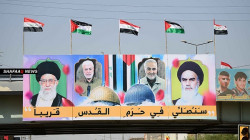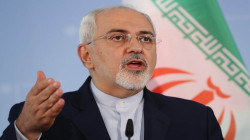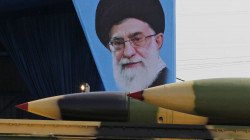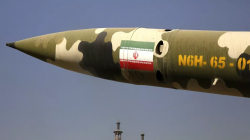Former Iranian FM warns of imminent Iran-Israel confrontation
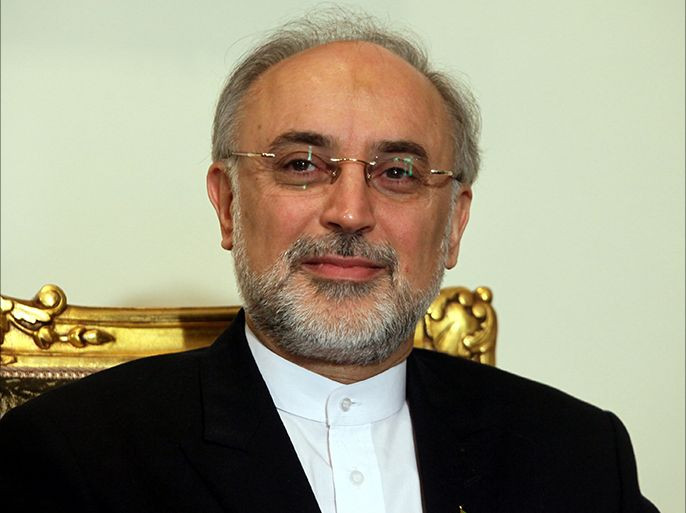
Shafaq News/ Amid the escalating tensions in the region and the potential for conflict, the likelihood of a direct confrontation between Iran and Israel is growing by the day, Former Iranian Foreign Minister Ali Akbar Salehi stated, on Wednesday.
In press releases, Salehi stressed the need for "Iran to develop a detailed analysis of the current situation and prevent Israel from dictating the terms of engagement," warning that one increasingly realistic scenario is an "unavoidable confrontation between Iran and Israel, extending to include the West and Israel's supporters."
"From Israel's perspective, Iran is the most dangerous and powerful enemy. If Israel manages to neutralize Iran with the help of the West, it could secure its position for several decades," he explained.
In addition, the Iranian diplomat highlighted the risks of underestimating the situation, “if Iran remains passive, Israel could initiate conflict on its terms to maximize its gains and minimize losses.” Referencing Israel's recent airstrikes on Lebanon which killed hundreds and wounded thousands, as a relevant example.
The former minister also stressed the importance of Iran conducting a thorough analysis of regional and global dynamics before making any decisions including the US elections, the rising tensions between the US and China over Taiwan and the South China Sea, and the economic competition between the two superpowers. Additionally, the war in Ukraine and its geopolitical consequences, alongside crises in Gaza and Lebanon, which could spread further, “also demand close attention.”
Salehi noted the increasing unity within the "Resistance Front (also known as the Axis of Resistance)" and the emergence of new regional powers, such as Yemen, as key factors in Iran's decision-making process.
He further mentioned the strategic importance of fossil fuel resources in the Persian Gulf, especially for China, and the growing global food security concerns, which should also be factored into Iran's approach.
"Iran should carefully assess the situation to avoid allowing Israel to control the course of events," cautioning that "opportunities are slipping away rapidly."
The relationship between Iran and Israel has been fraught with tension and hostility, particularly since the 1979 Iranian Revolution led by Ayatollah Rouhollah Khomeini. Before 1979, the two nations enjoyed relatively friendly relations, especially during the Pahlavi dynasty, when Iran and Israel maintained diplomatic and commercial ties. However, after the revolution, Iran severed all formal relations with Israel and adopted an adversarial stance.
Iran does not recognize Israel as a legitimate state and has actively supported groups like Hezbollah and Hamas, both of which oppose Israel’s existence. The two countries have also engaged in various proxy conflicts throughout the Middle East, with opposing factions receiving backing from either Iran or Israel, most notably in Syria and Yemen.
Tensions escalated further with recent developments, including Israel's attack on the Iranian embassy in Damascus and the assassination of Ismail Haniyeh in the heart of Tehran. In response, Iran vowed retaliation for Haniyeh’s death after already retaliating against the embassy attack by launching over 300 missiles and drones toward Israel in April.

